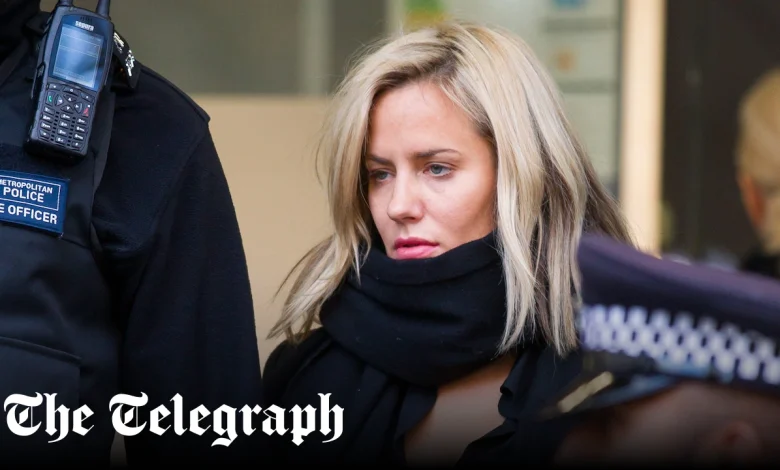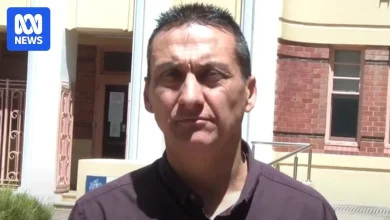‘Absolutely none of it makes sense’: what we learned about the decision to prosecute Caroline Flack

Jess McDonald, a former Met detective invited by Christine to go through the paperwork, tells the programme: “There is just so much that shouts out to me as abnormal treatment and mishandling.” It is odd, McDonald claims, that the email exaggerates Burton’s injury and makes no mention of Flack’s own injuries and mental health crisis.
Nazir Afzal, a former chief prosecutor who had previously defended the CPS’s decision to prosecute Caroline, reassesses the situation when given the fresh evidence by Christine. He says, “The very worst thing that should have happened is a caution. Absolutely none of it makes sense… They should have stopped the case. I can’t think of any reason to proceed other than being scared of what the media would say.”
Flack’s solicitor, Paul Morris, says: “This case was prosecuted because, in my view, it would have been more difficult to stop the snowball rolling than it would be to just let it continue. Saving face describes the stance I think was taken.”
Flack had struggled with her mental health from an early age
Christine: “When I talk about Caroline and her mental health, people say, ‘Well, everyone would feel sad if they’d been arrested.’ And yes, they would, but she had these problems already. Even as a small child, she had highs and lows… As she got older, it got even worse. A break-up, not getting a job, different things.
“She went through a spate of cutting her arms. As a young girl, she did take pills and ended up in hospital. One doctor said she had bipolar. At the time, they used to call it manic depression. The whole way through her career, she suffered with her mental health.”
Flack took an overdose the night before her magistrates’ hearing
Ten days after her arrest, after announcing that she was “standing down” from Love Island, Flack was staying in The Ned hotel in London because the press was outside her home. Her friend, Mollie Grosberg, went to check on her. “She was just completely out of it on the bed,” Grosberg recalled.
“She drank the mini-bar dry, she took whatever tablets that had been prescribed to her. I was thinking, ‘She’s going to die.’” A doctor was called and asked Grosberg to put her fingers down Flack’s throat to make her vomit up the pills.
Flack made another suspected attempt on her life the night before her death
Flack had pinned her hopes on the CPS dropping the case, but had just received the news that it was going ahead.
Grosberg said, “Caroline’s worst nightmare was that the bodycam footage was going to be released. She wasn’t scared of what she’d done to Lewis, she was scared because she looks completely and utterly unhinged in this bodycam footage because she had tried to kill herself.”
Christine says, “It showed her mental health. She knew it wasn’t going to make her guilty of abuse, but it was going to show to the outside world how she sometimes felt.”





